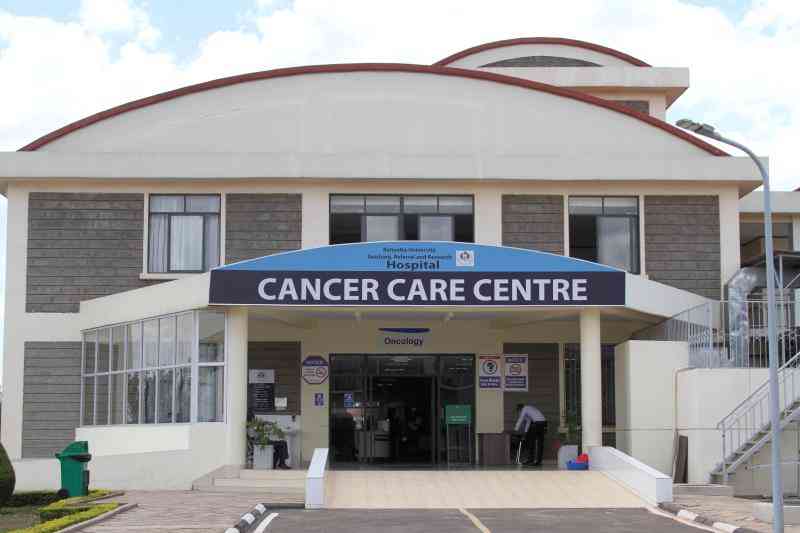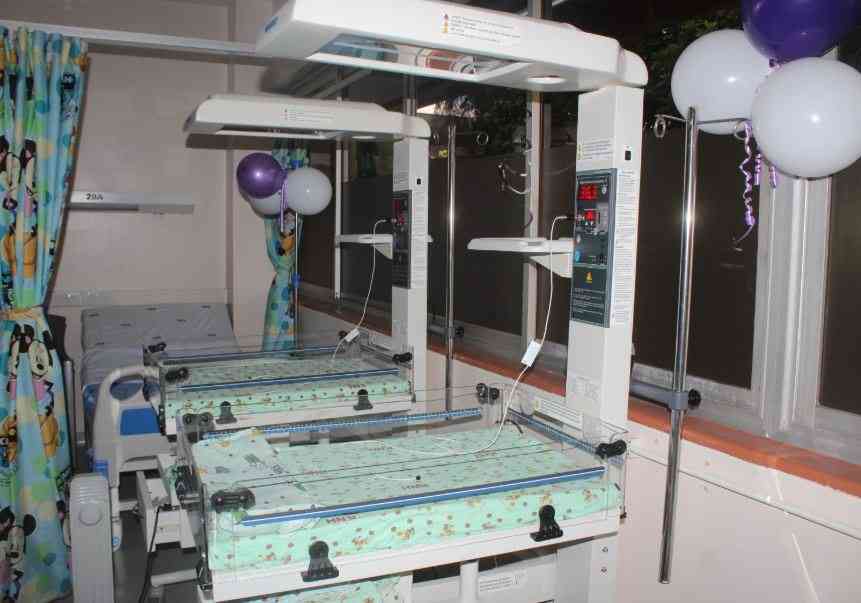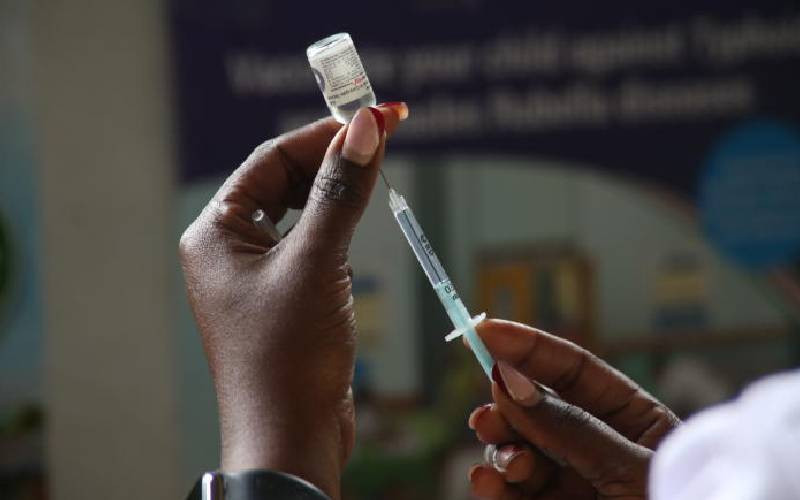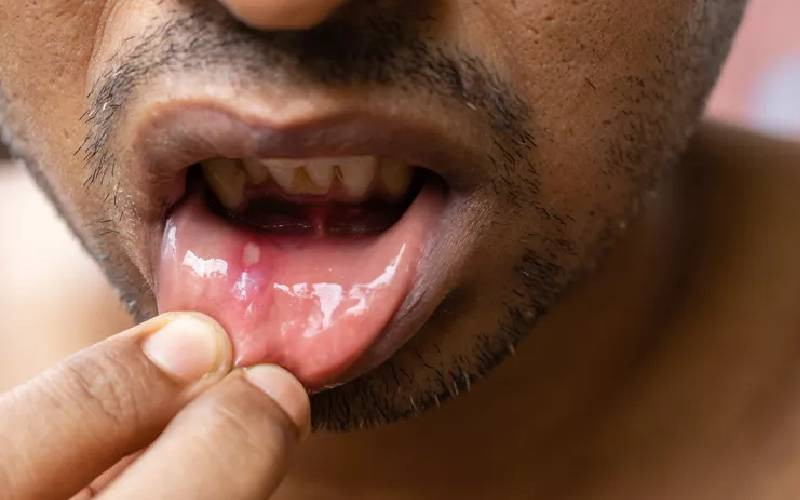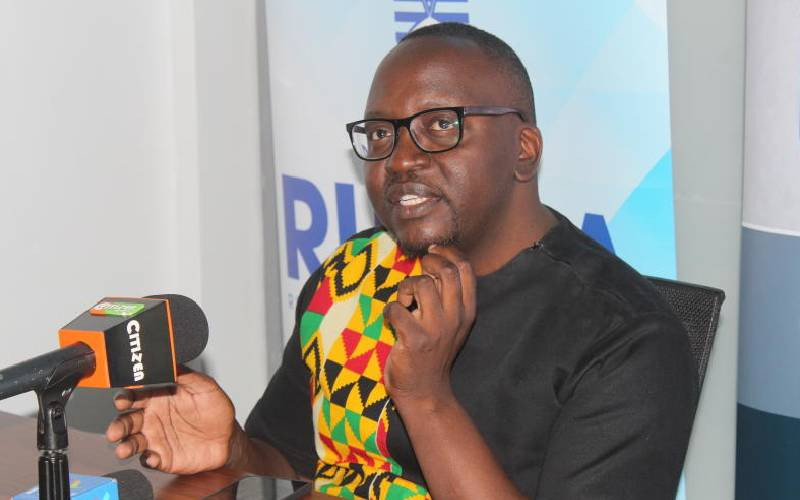
Sharon Akinyi is living in fear as her delivery date draws near.
The heavily pregnant woman, who has a high-risk condition, urgently needs medical review to safeguard her life and that of her unborn baby. Yet when she sought help at Juja Modern Hospital in Kiambu County, she was turned away.
The hospital, like many others, has suspended services under the Social Health Authority (SHA) owing to billions in unpaid reimbursements.
Akinyi, aged 28, has been diagnosed with placenta previa, a condition in which the placenta blocks the birth canal. If unmanaged, it can lead to fatal bleeding for both mother and child.
“I was shocked when they told me SHA is not working. I have no money and I am in pain,” she said, fighting back tears.
Akinyi has been paying her annual SHA premium of Sh5,400. In July she was admitted with placenta abruption, another severe complication, and incurred a hospital bill of Sh27,000, which was partly settled by the scheme.
But this week, when her symptoms flared up again, she was informed that she could not be admitted unless she paid in cash. She was asked to raise Sh2,000 for a scan and Sh1,500 for a doctor’s review. Without the funds, she returned home untreated.
- Duale suspends all licenses, import clearances for nicotine products
- Health crisis brews as SHA halts monthly payments for millions
- SHIF deductions are legal, Duale says
- SHA's Sh100b digital highway fails to curb fraudulent claims
Keep Reading
Her Caesarean delivery is scheduled for next week. “To deliver, they asked me to book with between Sh50,000 and Sh70,000. I have only days left, but no money. I do not know what to do,” she told The Standard. “I am confused and tired.”
At the same facility, another patient, Lee Kimani, was grappling with similar anxiety. His wife, Angela Njuguna, had been admitted as an emergency case after a ruptured membrane. She underwent an urgent Caesarean section.
Kimani had been confident that SHA would cover the costs, only to be told otherwise. “I was shocked. I thought SHA would take care of the bill. If I am asked to pay Sh50,000, I do not know how I will raise it. I am already struggling financially,” he said.
The two cases reflect the plight of thousands of patients across Kenya, who are now being turned away from hospitals as both faith-based and private facilities withdraw SHA services.
The Rural and Urban Private Hospitals Association of Kenya (Rupha) directed its members to suspend SHA services due to unpaid claims.
Outstanding SHA debts have now reached Sh76 billion, paralysing operations in hospitals nationwide.
Sarah Ng’ang’a, Director of Juja Modern Hospital, said she has been forced to halt most services, including maternity, because the facility can no longer sustain operations.
“The truth is that facilities like ours are collapsing. We have taken loans, suppliers have cut us off, and we cannot pay staff,” she said.
Her hospital, established eight years ago, has not received payments for services worth Sh12 million. Another Sh10 million from the defunct NHIF remains outstanding.
Despite these arrears, SHA has only paid the hospital Sh4,800 this year, which covered primary healthcare capitation only.
“When we follow up on payments, we are told our claims were declined and asked to resubmit documents, yet we had provided everything required. They want fresh claims as if we are starting afresh,” she said.
As a result, the hospital has been unable to pay staff for three months and is indebted to laboratory and food suppliers. Normally serving 70 patients daily, it now sees barely a dozen.
The situation is mirrored across many hospitals. A spot check by The Standard found that patients in Nairobi County were being forced to pay out of pocket for services. Some hospitals, owed millions by SHA and NHIF, have already closed or been auctioned after defaulting on loans.
One proprietor, who requested anonymity, said his facility was auctioned this year after mortgage arrears piled up. “Healthcare is very expensive to sustain without reimbursements. Many hospitals are closing. Others will follow,” he said.
Another hospital owner, whose facility is owed Sh20 million by SHA and an additional Sh20 million by NHIF, said they had no option but to demand cash from patients. “We cannot pay staff, suppliers or buy essential drugs. We regret turning away patients, but it is impossible to run without money,” he said.
Dr Brian Lishenga, Rupha chairman, said hospitals had no choice but to suspend SHA services.
“To survive, SHA has been denying renal and cancer patients approval for care, claiming exhaustion of sessions. Many claims are placed in prolonged, unjustified reviews. Hospitals are collapsing because payments are not coming,” he said.
Lishenga criticised the government for labelling service providers as fraudsters while ignoring their financial distress.
“The truth is hospitals have been working, not SHA. We are owed billions. We are not the thieves. We cannot continue offering free services while being defamed,” he said.
He warned that the reintroduction of teachers and police schemes into SHA would worsen the crisis unless their existing arrears are cleared first.
Despite the crisis, President William Ruto, Health Cabinet Secretary Aden Duale and SHA Chief Executive Dr Mercy Mwangangi continue to encourage Kenyans to register for the scheme. According to official data, between November last year and August this year, the scheme collected Sh64.3 billion in contributions, mostly from the formal sector.
But verified claims in the same period amounted to Sh85.8 billion, leaving a massive shortfall.
 The Standard Group Plc is a multi-media organization with investments in media
platforms spanning newspaper print
operations, television, radio broadcasting, digital and online services. The
Standard Group is recognized as a
leading multi-media house in Kenya with a key influence in matters of national
and international interest.
The Standard Group Plc is a multi-media organization with investments in media
platforms spanning newspaper print
operations, television, radio broadcasting, digital and online services. The
Standard Group is recognized as a
leading multi-media house in Kenya with a key influence in matters of national
and international interest.


